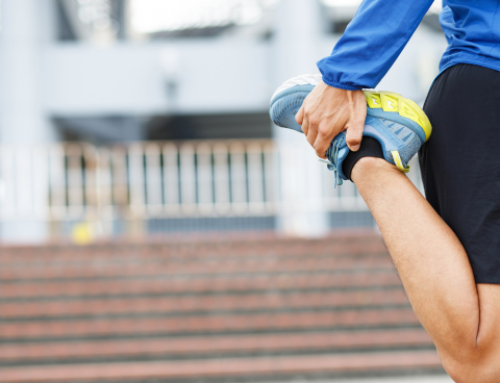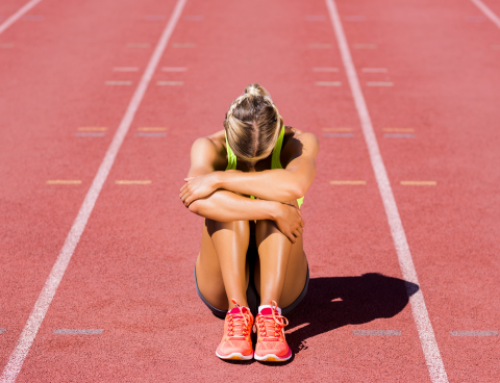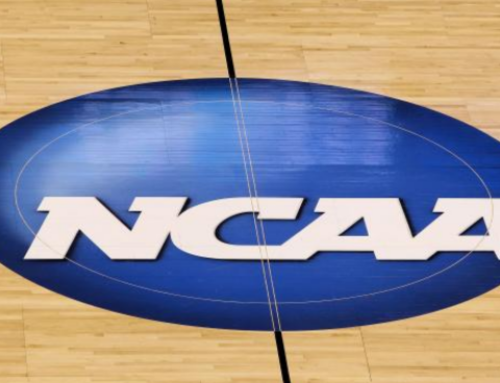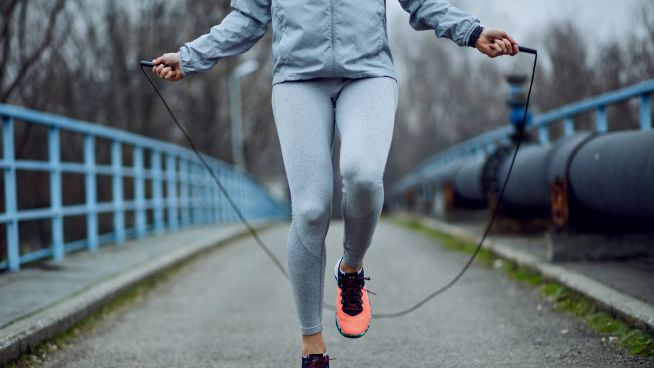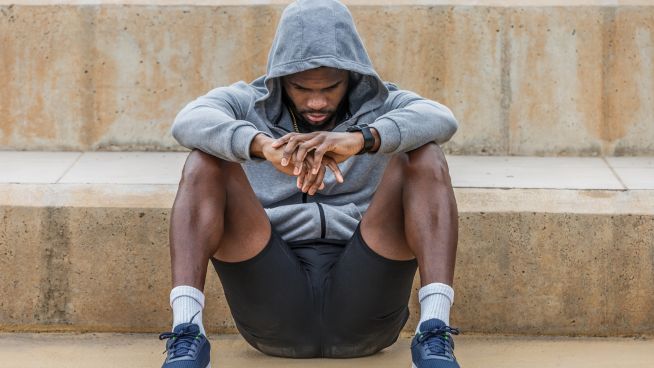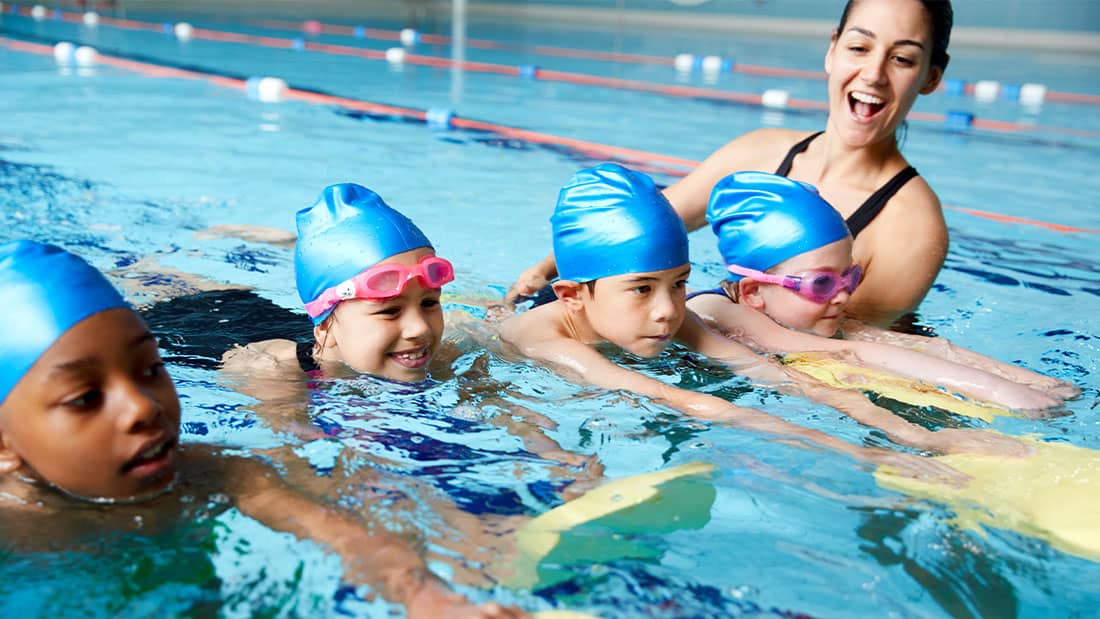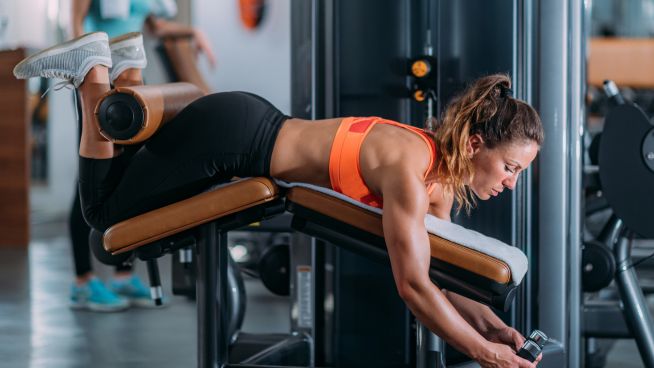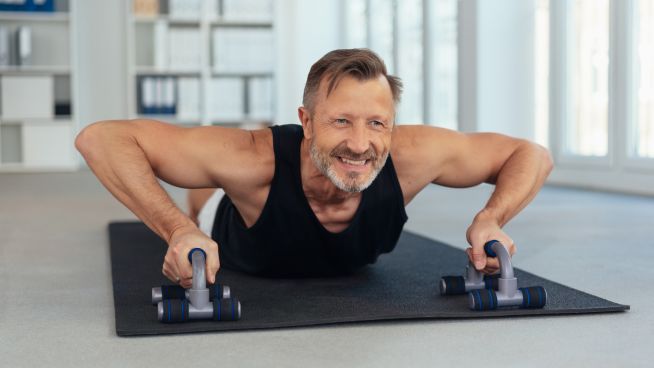How To Survive Late Night Practices
Sports practices take place when coaches and facilities are available. For swimmers, this means early mornings before the public starts to use the pool. It means evenings and night times for many other sports players after work or school. Facilities are in demand, and the unfortunate teams and squads with the last booking have to train late at night. If the athlete has to travel to training, they may not get home until even later. This affects their bedtime routine, sleep, and recovery, and they are fatigued the next day for school or work. This is sub-optimal training, but if there is nothing we can do to change the training times, we have to try and reduce the impact of this disruption. Here are some ideas to help you.
Meal Times
Late-night practice can take place when the athlete usually eats their main meal of the day. If the athlete waits until they get home to eat, they have to wait until the food is digested before going to bed. This means an even later night.
If they try and eat the main meal before they train they risk feeling sluggish or vomiting if they exert themselves. Many athletes skip the meal and snack either side of training. If this is done purposefully, the snacks can be prepared in advance and help the athlete fuel for training and repair and regenerate after training.
If the snacks are unprepared, the athlete is left to source convenient snacks and eat at the mercy of blood sugar dips. This usually means sugary and processed foods.
Here are three potential solutions to minimize meal disruptions:
- Eat your main meal at lunchtime where possible. This allows time for food to be digested before training. A piece of fruit or another snack can then be eaten an hour before training to prevent blood sugar dips.
- Have a team/ squad food bar ready for after training. This will only apply to certain environments where coaches or parents can organise this in a clubhouse or meeting room. Coaches can influence their athletes’ eating choices by offering something hot, salty and sweet that is ready to eat. The advantage is that the team eats together and can bond. This will not work if parents are in a rush to get home with tired siblings in the car.
- Prepare a snack and take it to practice for eating on the way home or immediately afterward. There is something to be said for a flask full of hot soup after training in the cold rain on a January weeknight. This comes down to preparation and organization. Batch cooking foods at the weekends and then storing them into mini-meal size containers for eating in the week saves time. It is also cheaper than eating out or buying convenience foods.
- Many athletes resort to shakes and/or sports drinks instead of eating food. Whilst the liquid is easier to digest than solid food, this is an unsuitable long-term eating plan unless you are consuming thousands of calories a day, in which case they can be part of your diet rather than replacing your diet.
Relax and Regenerate
Getting to sleep can be difficult after late-night practice. Your body is sore, your muscles are still twitching, your core temperature is high, and your mind is busy replaying events and conversations. Athletes need to get into a routine that minimizes extra thinking and stimulation so that they can unwind and sleep well.
Simple things like showering at training rather than waiting until you get home mean that not only are you clean but that the hot water and scrubbing have helped to start the regeneration process. A good cool-down helps, but this is often neglected at this time of night because everyone wants to get home.
If you can’t shower at the training venue, then do it quickly when you get home. Gradually lower the water temperature to help cool you down before you get out. High body temperature and a too-warm room can either delay or disrupt your sleep.
Screens are omnipresent, and they also cause sleep delay or disruption. Coming home from training and then playing a video game for an hour or scrolling through social media will do little to help your brain unwind.
Homework might be the exception for screen time. Some athletes like doing their homework late at night, and if they are wide awake after training, it might be a good idea to do an hour of homework and feel the satisfaction and relief of finishing a task. Student-athletes may already feel guilt or anxiety about having too little time to study and practice, so getting the homework done helps.
Summary
Late-night practice is less than ideal but it is also a reality. Athletes who have to get up early the next day to go to work or school need to get into good habits to help them survive. Leaving things to chance or convenience risks ongoing fatigue, lack of concentration and a dip in performance at work and in sport.
RECOMMENDED FOR YOU
MOST POPULAR
How To Survive Late Night Practices
Sports practices take place when coaches and facilities are available. For swimmers, this means early mornings before the public starts to use the pool. It means evenings and night times for many other sports players after work or school. Facilities are in demand, and the unfortunate teams and squads with the last booking have to train late at night. If the athlete has to travel to training, they may not get home until even later. This affects their bedtime routine, sleep, and recovery, and they are fatigued the next day for school or work. This is sub-optimal training, but if there is nothing we can do to change the training times, we have to try and reduce the impact of this disruption. Here are some ideas to help you.
Meal Times
Late-night practice can take place when the athlete usually eats their main meal of the day. If the athlete waits until they get home to eat, they have to wait until the food is digested before going to bed. This means an even later night.
If they try and eat the main meal before they train they risk feeling sluggish or vomiting if they exert themselves. Many athletes skip the meal and snack either side of training. If this is done purposefully, the snacks can be prepared in advance and help the athlete fuel for training and repair and regenerate after training.
If the snacks are unprepared, the athlete is left to source convenient snacks and eat at the mercy of blood sugar dips. This usually means sugary and processed foods.
Here are three potential solutions to minimize meal disruptions:
- Eat your main meal at lunchtime where possible. This allows time for food to be digested before training. A piece of fruit or another snack can then be eaten an hour before training to prevent blood sugar dips.
- Have a team/ squad food bar ready for after training. This will only apply to certain environments where coaches or parents can organise this in a clubhouse or meeting room. Coaches can influence their athletes’ eating choices by offering something hot, salty and sweet that is ready to eat. The advantage is that the team eats together and can bond. This will not work if parents are in a rush to get home with tired siblings in the car.
- Prepare a snack and take it to practice for eating on the way home or immediately afterward. There is something to be said for a flask full of hot soup after training in the cold rain on a January weeknight. This comes down to preparation and organization. Batch cooking foods at the weekends and then storing them into mini-meal size containers for eating in the week saves time. It is also cheaper than eating out or buying convenience foods.
- Many athletes resort to shakes and/or sports drinks instead of eating food. Whilst the liquid is easier to digest than solid food, this is an unsuitable long-term eating plan unless you are consuming thousands of calories a day, in which case they can be part of your diet rather than replacing your diet.
Relax and Regenerate
Getting to sleep can be difficult after late-night practice. Your body is sore, your muscles are still twitching, your core temperature is high, and your mind is busy replaying events and conversations. Athletes need to get into a routine that minimizes extra thinking and stimulation so that they can unwind and sleep well.
Simple things like showering at training rather than waiting until you get home mean that not only are you clean but that the hot water and scrubbing have helped to start the regeneration process. A good cool-down helps, but this is often neglected at this time of night because everyone wants to get home.
If you can’t shower at the training venue, then do it quickly when you get home. Gradually lower the water temperature to help cool you down before you get out. High body temperature and a too-warm room can either delay or disrupt your sleep.
Screens are omnipresent, and they also cause sleep delay or disruption. Coming home from training and then playing a video game for an hour or scrolling through social media will do little to help your brain unwind.
Homework might be the exception for screen time. Some athletes like doing their homework late at night, and if they are wide awake after training, it might be a good idea to do an hour of homework and feel the satisfaction and relief of finishing a task. Student-athletes may already feel guilt or anxiety about having too little time to study and practice, so getting the homework done helps.
Summary
Late-night practice is less than ideal but it is also a reality. Athletes who have to get up early the next day to go to work or school need to get into good habits to help them survive. Leaving things to chance or convenience risks ongoing fatigue, lack of concentration and a dip in performance at work and in sport.


